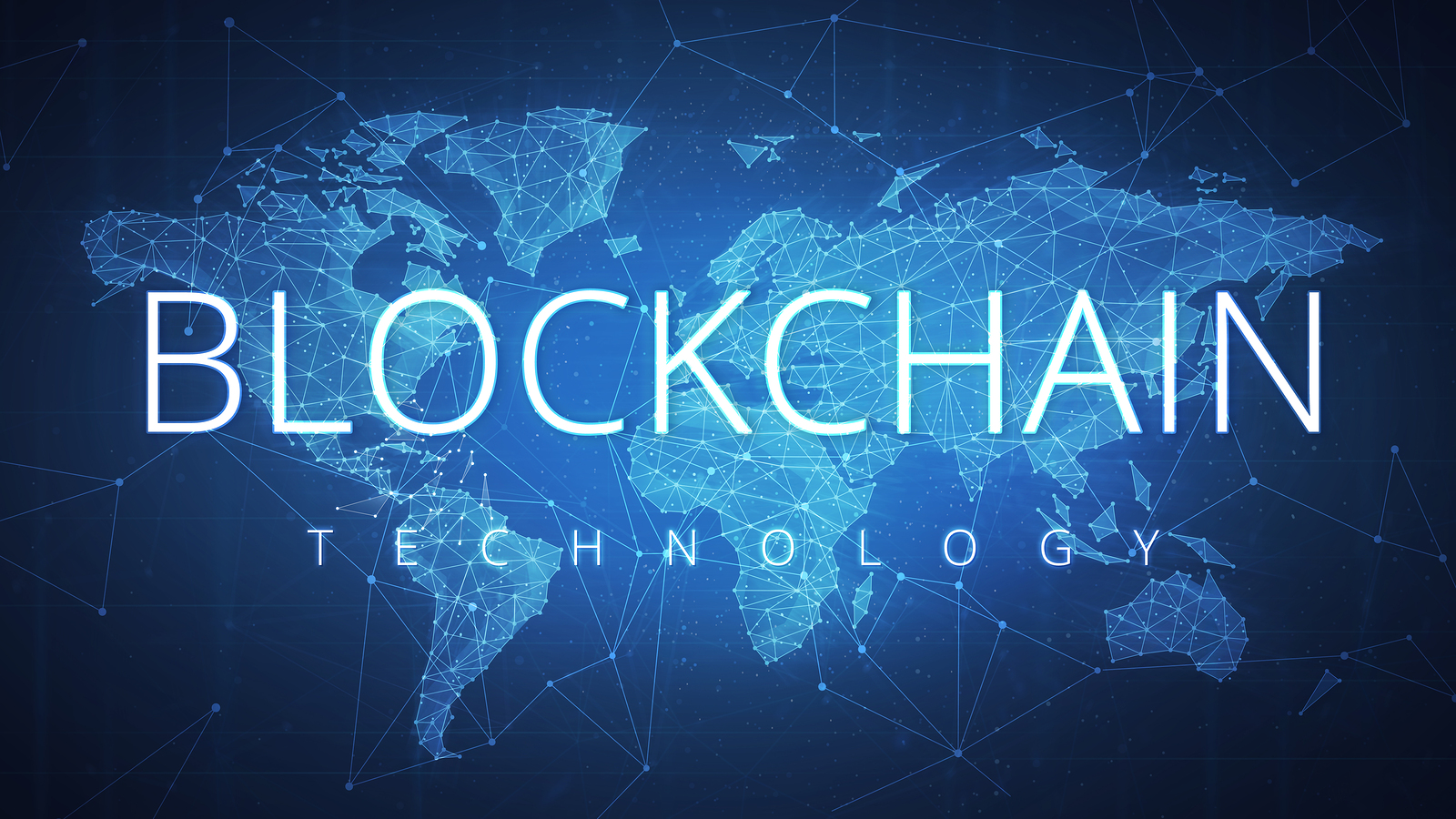
Among busy HR departments, blockchain can lighten the load
Blockchain technology has disrupted many industries, from fine art to finance. As the backing framework behind crypto currency and non-fungible tokens (NFTs), blockchains are poised to make an impact on virtually every industry, from supply chain management to real estate and even cybersecurity. Leaders from all of these industries have publicly expressed their excitement for the future of this technology.
However, there’s one potential application of blockchain technology that, so far, has received little attention: its ability to innovate in the human resources field.
While it might be tough to see the connection between cutting-edge technology and the very person-centric field of human resources, the key lies in blockchain’s unique infrastructure. Blockchain’s security–which comes from the fact that no one entity controls a blockchain–has profound implications for the security of important documents and transactions. Next, the fact that blockchains provide digital ledgers that unambiguously track the ownership and transfer of assets makes it far easier to manage payroll and employee contracts.
These are just a few of the potential applications we will likely see down the road. As novel as blockchain technology is, some companies have already integrated it into their HR departments, and we are only just beginning to glimpse its full potential.
Get Verified
Most workplaces now advertise positions digitally, and most job seekers turn to online job boards first. Blockchain has the potential to radically improve the security and efficiency of these online hiring methods.
Some companies have already experimented with creating blockchain networks to store employee work experience and credentials. This enables them to search the network for candidates with necessary experience, which makes the process of screening applicants far easier. Further, the fact that job experience and credentials are tied to a unique entity on the blockchain means that a candidate’s qualifications can be verified, saving time while improving security.
This is a massive boon to employers, as around 85% of employers report having found at least one instance of experience falsification. Some universities, such as MIT, are creating blockchain solutions for their academic credential systems, meaning that they can provide tokenized items to prove that an individual successfully graduated. Candidates include lists of credentials in their resumes, such as degrees or diplomas, and the institutions that issued them can sign off on them and store them securely on a blockchain, making it easier for employers to search and verify.
This process could be handled by a blockchain-enabled job search platform which employers and universities sign on to. Jobseekers could request verification of their credentials from previous employers and their alma maters, and potential employers can then verify these credentials in seconds. While such a platform would need a significant portion of credential-giving institutions to sign on in order to be viable, such a future does not seem far off.
Money
Blockchain tech can also help HR staff issue and track payments. As a baseline, the blockchain enables the creation of a firm, secure and easily accessed log of staff pay—one that cannot be changed because no one entity has control over the decentralized system. As another benefit, blockchain payroll systems can be integrated seamlessly with direct deposit pay systems. It can also be used to pay international staffers in cryptocurrency that they can later convert to their local currencies.
Employers can also put other documents into the blockchain for the sake of security and ease of access. For instance, payroll documents, tax forms like W-2s, time cards, tax records, etc., can all be digitized and placed on the blockchain. For organizations with a particularly large number of staff–particularly relative to the size of the HR department–this could give HR more time to spend on their other duties such as training and administrative tasks.
Blockchain tech is also invaluable in the creation of smart contracts, or tokenized documents that exist on a decentralized network. Beyond being secure and immutable, they can be written with certain stipulations that come into effect after conditions are met. Smart contracts include code that automatically performs certain actions—e.g., adding a person to payroll—when the employee or employer fulfills pre-set conditions, such as providing tax forms and banking info.
This technology is particularly useful for temporary and gig workers, as it ensures that they have an immutable record of their employees’ expectations to which they can refer. These contracts could even be coded to make payments as soon as workers finish the tasks they’ve been assigned. Considering it can take a while for new workers to get a feel for how a workplace flows—when and how payment happens, exactly what is expected from them, etc.—smart contracts can remove some ambiguity from the equation.
Blockchain is all about security and efficiency, which explains why there has been so much enthusiasm about it in the tech world. However, this enthusiasm is spreading far beyond just the tech space, and for good reason. As blockchain technologies continue to develop, they are likely to become a major asset to HR teams, streamlining the sometimes overwhelming amount of paperwork that needs to be done and freeing up time to focus on the more human side of the job.
About the Author
Zain Jaffer is a tech entrepreneur and CEO of Zain Ventures. Zain is an active investor and mentor, engaging with startups at an early stage in the span of their journey.
